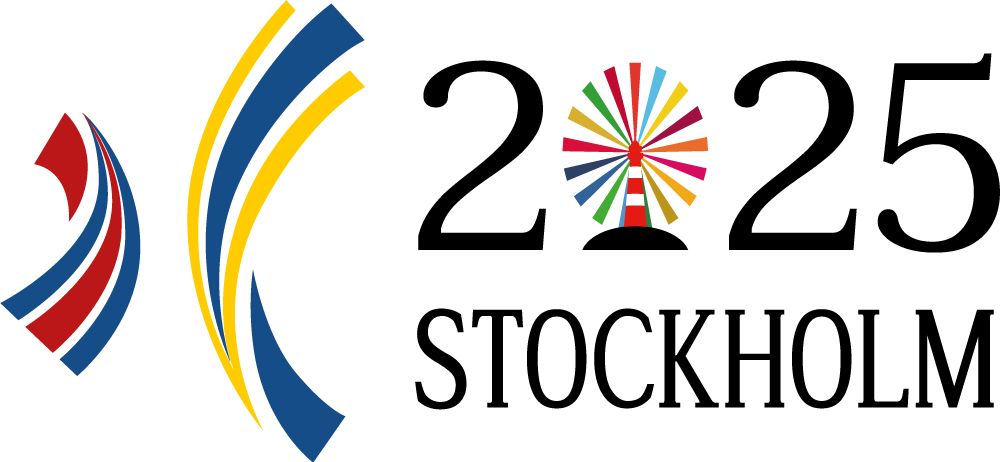
2.14 Prosthetic knee selection for individual patients: Technical, biomechanical, clinical and evidence considerations
- 25/04/2023 | 4:30 PM - 5:45 PM
-
Guadalajara 2, Ground floor
Description
Abstract
Prosthetic knee joints may utilize a variety of stance control mechanisms – lock, friction-brake, 4-bar, multiaxial, non-microprocessor and microprocessor-controlled hydraulic – and swing control mechanisms – lock, friction, non-microprocessor and microprocessor-controlled pneumatic or hydraulic. All mechanisms have specific safety and mobility benefits but also specific requirements to the patient´s residual function(s) to operate them safely and effectively. Therefore, the prosthetist is tasked with the challenge to match the physical (and cognitive) abilities, safety and mobility needs of the patient with the best-suited prosthetic knee mechanism. Unfortunately, clear recommendations for prosthetic knee selection for individual patients are currently lacking. This symposium will present technical, biomechanical, clinical, and evidence considerations to guide the prosthetist in determining the best knee mechanism for an individual patient. It will cover the pros and cons of all non-microprocessor and microprocessor-controlled prosthetic knee mechanisms, discuss technical, biomechanical, clinical, and evidence considerations for prosthetic knee selection including a decision tree for non-microprocessor-controlled knee mechanisms, debunk myths on certain knee mechanisms, and provide guidance to clinicians through the maze of manufacturer claims. The technical, biomechanical, and clinical considerations of knee selection will be further strengthened by a review of the published clinical and scientific evidence on the various prosthetic knee mechanisms.
Statement of the objective / learning objectives
1. Understand the differences between the different types of prosthetic knee mechanisms.
2. Understand the criteria for selecting different types of non-microprocessor knees.
3. Understand the clinical criteria for selecting microprocessor-controlled knees.


